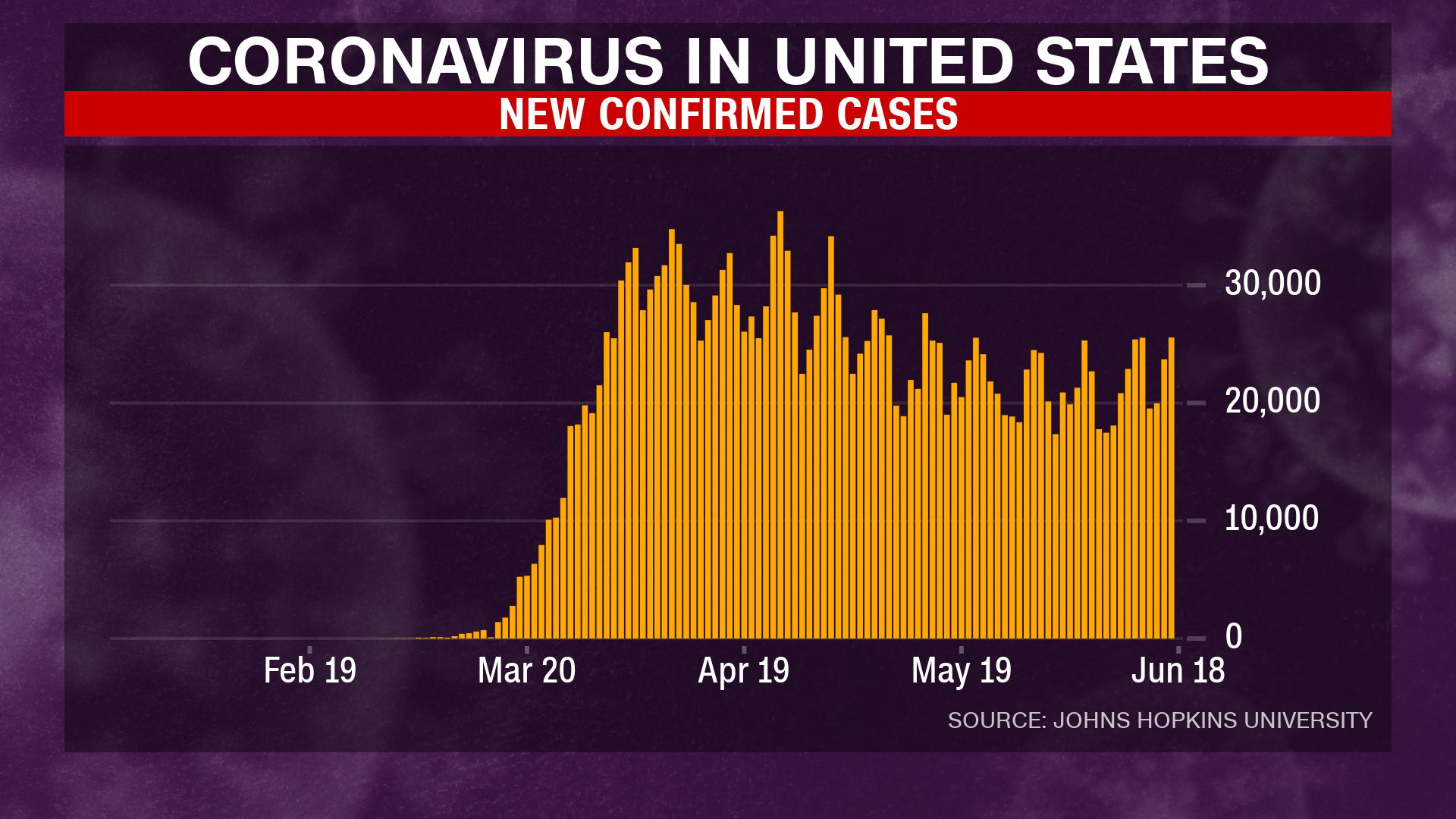Will Trump's Iran Policy Box Israel In? A Geopolitical Analysis

Table of Contents
Background: A History of Tensions
Understanding the impact of Trump's Iran policy requires a brief look at the historical context. US-Iran relations have been fraught with tension since the Iranian Revolution in 1979. Simultaneously, the Israeli-Iranian conflict, rooted in ideological differences and regional power struggles, has been characterized by proxy conflicts and mutual distrust. Trump's 2018 withdrawal from the Joint Comprehensive Plan of Action (JCPOA), the Iran nuclear deal, significantly escalated tensions and marked a pivotal moment in this complex relationship. This decision fundamentally altered the geopolitical landscape and created new challenges for Israel.
Trump's "Maximum Pressure" Campaign and its Impact on Israel
Trump's "maximum pressure" campaign against Iran relied heavily on sanctions and a confrontational approach, aiming to cripple the Iranian economy and force regime change. While intended to curb Iran's nuclear ambitions and destabilizing regional activities, this policy had both intended and unintended consequences for Israel.
- Increased regional instability: The policy exacerbated existing tensions, fueling proxy conflicts and increasing the risk of direct confrontation. This heightened instability created new security challenges for Israel.
- Escalation of proxy conflicts: The heightened tensions led to an increase in proxy conflicts in various areas, including Syria, Lebanon, and Yemen, placing added strain on Israeli resources and potentially drawing it into further conflict.
- Impact on Israeli military planning: Israel had to recalibrate its military planning to account for the increased risks and uncertainties stemming from Trump's policy, requiring greater preparedness for multiple scenarios.
- Potential for miscalculation and unintended escalation: The aggressive rhetoric and actions under "maximum pressure" heightened the risk of miscalculation and unintended escalation, potentially leading to a major regional conflict.
- Economic repercussions for Israel: While some argue that sanctions on Iran benefited Israel economically, others point to potential negative effects stemming from regional instability and disruption of trade routes.
Regional Alliances and Shifting Power Dynamics
Trump's Iran policy significantly impacted regional alliances. While the policy aimed to isolate Iran, it also affected Israel’s relationships with other regional players.
- Abraham Accords and their implications: The Abraham Accords, brokered by the Trump administration, normalized relations between Israel and several Sunni Arab states. While this created new strategic partnerships for Israel, it also presented challenges in balancing these new alliances with pre-existing relationships and regional dynamics.
- Changes in relationships with Saudi Arabia and other Gulf states: While some Gulf states welcomed the increased pressure on Iran, others remained cautious, leading to a complex and evolving landscape of regional alliances that may not always align with Israel's long-term interests.
- Potential for new alliances or shifts in existing ones: The changing dynamics fostered by Trump's policy created the potential for new alliances and shifts in existing ones, forcing Israel to constantly reassess its strategic partnerships.
- How this affects Israel's strategic autonomy: The shift in regional alliances, while potentially beneficial, could also limit Israel's strategic autonomy by necessitating compromises and careful navigation of complex relationships.
The Nuclear Issue and Israel's Security Concerns
Israel's primary security concern regarding Iran remains its nuclear program. Trump's withdrawal from the JCPOA raised serious questions about the effectiveness of preventing Iran from developing nuclear weapons.
- The effectiveness of sanctions in preventing Iranian nuclear advancement: While sanctions placed significant pressure on the Iranian economy, their effectiveness in directly preventing nuclear advancement remained debatable, raising concerns about a potential nuclear-armed Iran.
- The possibility of a renewed nuclear deal under a future administration: The potential for a future US administration to re-enter a nuclear deal with Iran remains a source of uncertainty and concern for Israel, influencing their security calculus.
- Israel's military options in the face of an Iranian nuclear threat: The lack of a comprehensive international agreement to prevent Iranian nuclear proliferation leaves Israel with limited and potentially risky military options.
- The role of international pressure: The effectiveness of international pressure in deterring Iran's nuclear ambitions remains a key factor determining Israel’s strategic options and security.
Domestic Political Considerations in the US and Israel
Domestic political considerations in both the US and Israel played a significant role in shaping and influencing the impact of Trump's Iran policy.
- The role of the Israeli lobby in US politics: The pro-Israel lobby in the US has considerable influence on foreign policy decisions, impacting the trajectory and implementation of Trump’s Iran policy.
- Public opinion in both countries regarding Iran: Public opinion in both the US and Israel regarding Iran is complex and often polarized, influencing political decisions and policy choices.
- Impact of elections and changing administrations: The changing political landscape in both countries, particularly due to elections and changes in administration, directly affected the implementation and direction of Trump's Iran policy, introducing elements of instability and uncertainty.
Conclusion: Assessing the Constraints on Israeli Strategy
Trump's "maximum pressure" campaign, while aiming to curb Iranian influence, arguably created a more volatile and unpredictable regional environment. The resulting increased regional instability, shifts in alliances, persistent nuclear concerns, and the influence of domestic political factors all contributed to a complex set of challenges for Israel. While the Abraham Accords represent a significant achievement, the long-term strategic implications of Trump's Iran policy for Israel remain uncertain and potentially limiting. Further research and engagement with the ongoing geopolitical discourse on Trump's Iran policy and its ramifications for the region are crucial to understanding the full consequences of this transformative period. It is vital to continue analyzing the ongoing impact of Trump's Iran policy and its long-term effects on the delicate balance of power in the Middle East.

Featured Posts
-
 Rome Masters 2024 Jannik Sinner Quyet Dau Carlos Alcaraz
May 31, 2025
Rome Masters 2024 Jannik Sinner Quyet Dau Carlos Alcaraz
May 31, 2025 -
 Rising Covid 19 Cases Globally Linked To New Variant Says Who
May 31, 2025
Rising Covid 19 Cases Globally Linked To New Variant Says Who
May 31, 2025 -
 Welcome In The Two Word Greeting Driving Retail Frustration
May 31, 2025
Welcome In The Two Word Greeting Driving Retail Frustration
May 31, 2025 -
 Climate Whiplash Intensifies Cities Face Increased Risks And Challenges
May 31, 2025
Climate Whiplash Intensifies Cities Face Increased Risks And Challenges
May 31, 2025 -
 Are New Covid 19 Variants Ba 1 And Lf 7 A Threat In India Insacog Data Analysis
May 31, 2025
Are New Covid 19 Variants Ba 1 And Lf 7 A Threat In India Insacog Data Analysis
May 31, 2025
